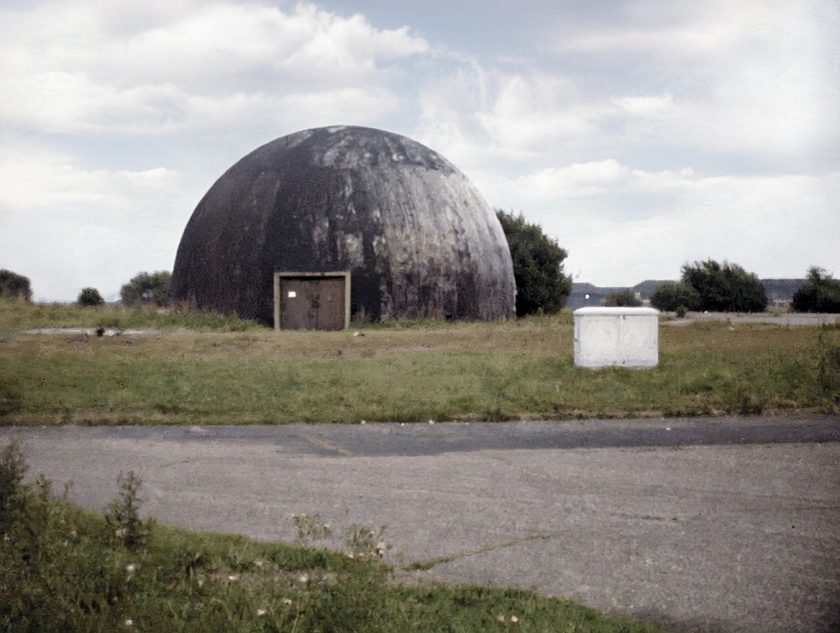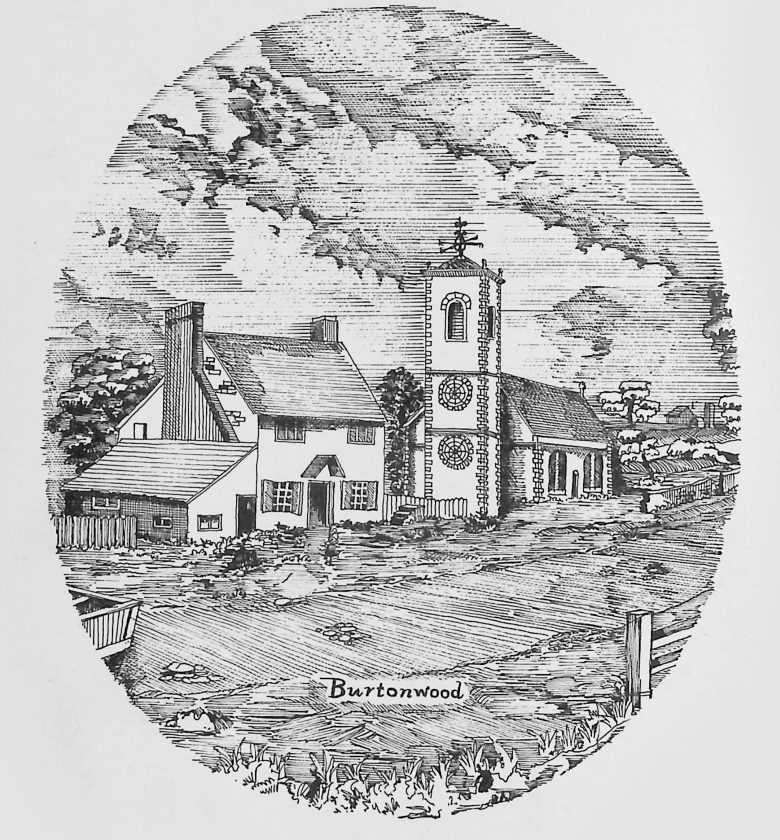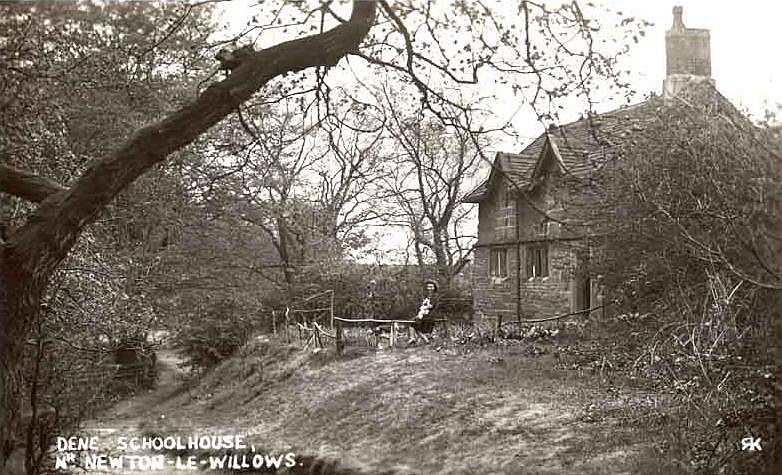“JOE DARBY.”
Joe Darby, the champion jumper of the world, performed some wonderful feats in a side-show, and I think the charge was only twopence, but I am not sure, as my two pals and myself did a job or two for Joe and, of course, we got in for nothing. I saw him jump over a full-grown horse, also over a cab, and then a 6-foot high jump with his ankles tied. After jumping over a dozen chairs placed back to back, he gave exhibition stand jumps, both forward and backward, and wound up with jumping on a mans face and off again without the man hardly knowing it. The bottom of Joes jumping shoes were covered with blacking and clearly showed on the mans face. All that for twopence, and certainly Joe gave value for money. I cannot say the same about the man who owned:
THE COCONUT SHY.
If ever there was a twister with a stall on the Market, he was one. In those days the coconuts were not placed on wooden pegs as you see them nowadays ; oh, dear no! There were no such things as pegs, each and every nut was in irons, so to speak. Iron rings were welded on to stems about two feet long, which were driven into the ground, and then the coconuts were jammed very hard into the rings. You had to throw with all your might to get a nut. It was quite a common occurence for tops of nuts to be handed to the throwers, while the major portion was still fast in the ring. On the top of all that, there were plenty of cast-iron nuts used, which were got up to imitate the real article.
The police got the wind of this; prosecutions took place which put a stop to the practice. In those days you did not see anything like the number of fellows carrying coconuts round the fair, as you saw in later years, after the wooden peg had been introduced. I well recollect the introduction of the wooden peg. It was about a foot high and an inch and a half or two inches in diameter at the top, which was hollowed out, and the coconut simply placed on it. Of course, I was much older then and working, so I had money to spend on the fairs.
The first night the coconut stalls opened with the wooden pegs, we were falling over each other to have a go at knocking them off. In our eagerness, my brother Jack caused a scene that Ill never forget. As I said, we were all eager, and Jack didnt give the fellow time to put the nut on, before he let fly. He hit the nut all right, but it was the mans, who fell as if he had been shot, flattened out to the wide, and Ill bet he was days before he could wear a cap, never mind a hard hat.
“THE LOST FIRE ENGINE.”
I dont think it will be out of place at this juncture, to tell you about the lost fire engine, because it was through a sideshow getting on fire that the comedy came to light. We could boast of a fire engine, but not of an official or recognised brigade. Neither had we a fire bell or buzzer to give the alarm. The engine was kept at the gas works, and if anyone required it, they would have to run to the gas works and inform the manager, who would then send you round to the houses of the men who worked in connection with the gas works, providing it was during the night the fire took place ; if in the day time, you would have to go to where they were excavating and laying gas-pipes on the road. It was a manual engine. It had a long, wooden rail on each side, with five or six men to each rail, which was worked up and down to do the pumping.
When the show got on fire, of course, the Market was up, and a dash was made for the engine and brigade. Ill give the brigade their due, they turned up to a man, and prompt at that. It was the engine that let them down. When they rushed to bring it out of the house it was kept in, no engine was to be seen.
“Somebodys been quicker than us,” remarked the “Chief,” “and we had better get to the market as soon as we can.” “You are mistaken,” said the “Sergeant.” “Nobodys opened that door before I did and its years since it was opened.” “Where can the engine be then?” asked the Chief. “You ought to know that, you are responsible,” answered the Sergeant. “Has it been lent out?” asked one of the understrappers. “Lent out be damned,” roared the Chief. “And, besides, it would have been brought back as soon as they had finished with it, on account of the heavy charge we make for hiring it. Its a pound a day for the use of it.”
A general look round the gas works took place, every conceivable nook and corner was searched, but no trace of the engine could be found. In the meantime, the fire was having all its own way, and the Chief of the brigade was going hairless. A second search was made without success, and then a second conference took place between the officers and men.
“Im beginning to think someone has hired it out,” said the Chief. “You can soon prove that, sir,” said one of the file, “by looking in the log book.” “Very well thought of,” answered the Chief.
A rush was then made to the office to search the record book, but no item was found showing that the engine had been lent out. “Excuse me, sir,” said one of the file, addressing his chief, “dont you think we had better go to the fire without the engine? Show willing, you know, as we cant expect them to keep the fire in much longer to suit us.”
I had better not tell you how the Chief answered the ranker, and there would certainly have been bother if the Sergeant hadnt intervened by saying: “Now, boys, you know it is a year or two since we had a fire practice; are you all sure that we put it back in the shed after we had finished with it?”
“Ive got it,” said one of the rankers. “Its over three years since our last practice, and when we came back there was a coke cart in the shed, and the Chief said, put the engine in yonder corner for the time being.”
Sure enough, the engine was found in the corner covered over with about twenty tons of coke. Shovels were speedily brought and the coke cleared away. Everything was now ready, and just as they were about to make a triumphal procession, word was received that the fire had burnt itself out, and there was no need for the fire engine. I may have omitted some of the details regarding the foregoing episode, but I can say without fear of contradiction, that the fire engine was lost under a bed of coke.



